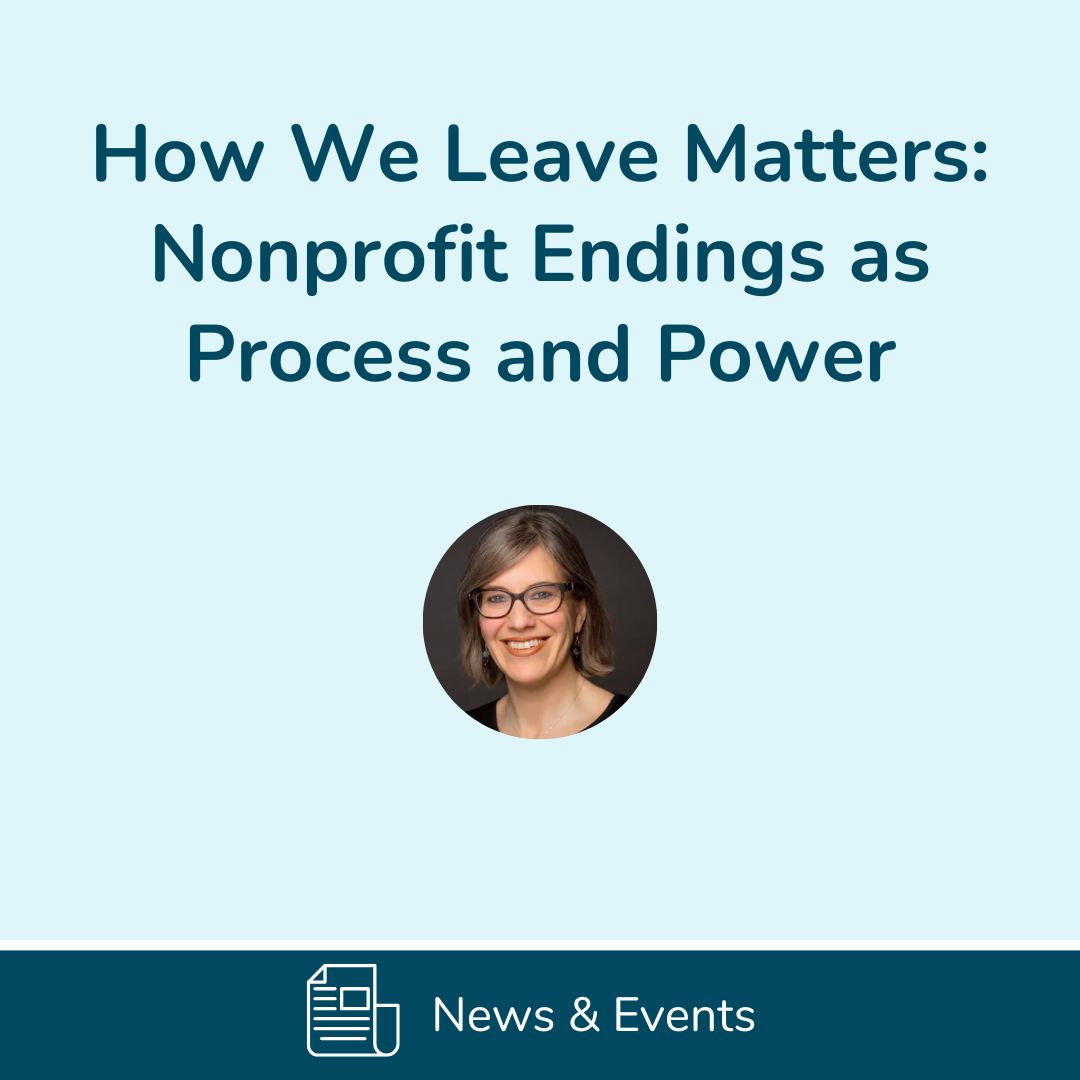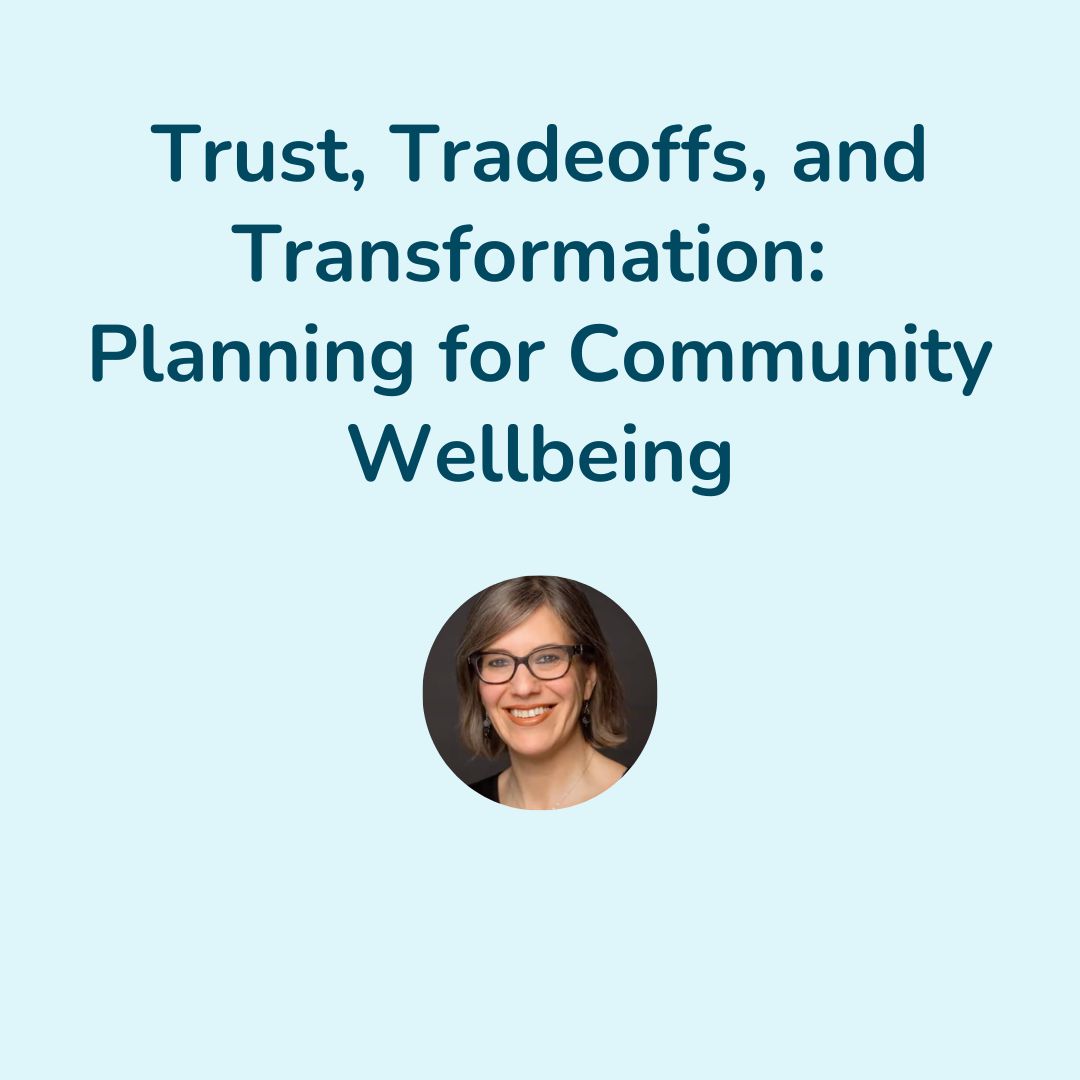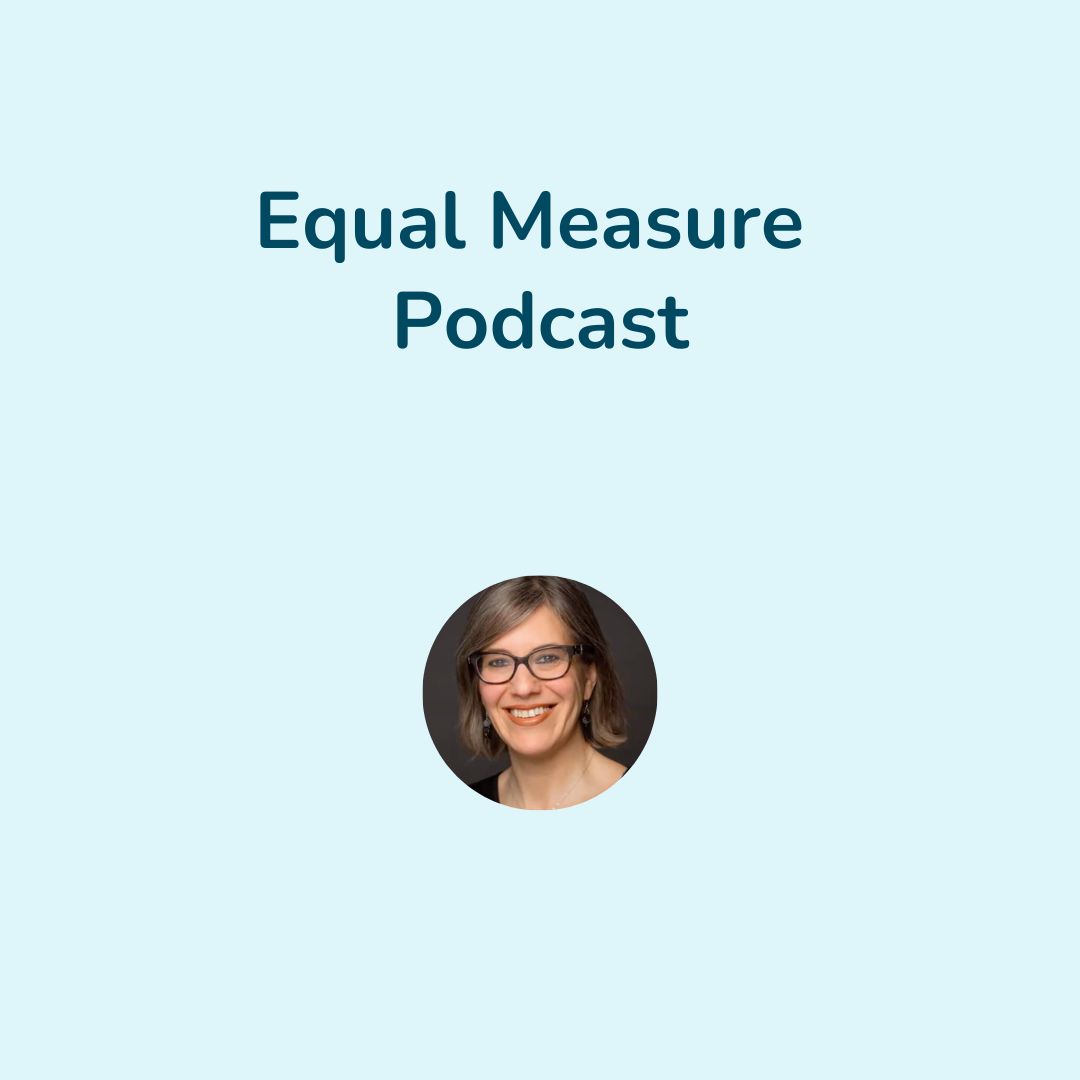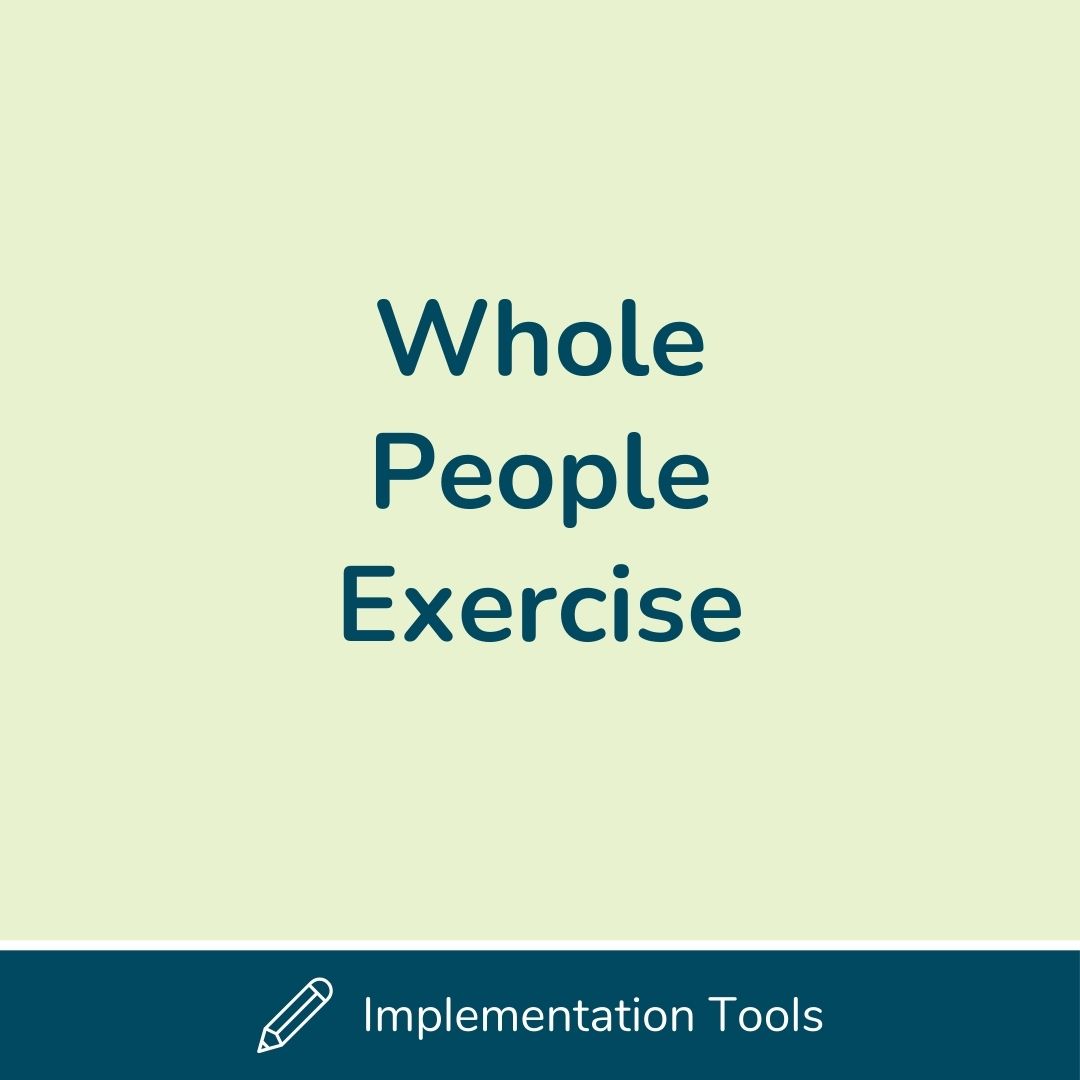Katya Fels Smyth, fondatrice et PDG de FFI, a parlé de notre transition de mission dans le cadre de la série « Le pouvoir est un déterminant social de la santé » de la Fondation RX. Les sujets abordés lors de cette conversation comprenaient :
- Les fins sont porteuses de pouvoir – La façon dont les organisations mettent fin à leurs activités et à leurs relations laisse un impact durable. Les sorties réfléchies préservent la confiance, tandis que les sorties brutales peuvent causer du tort.
- Le dilemme du financement – Les organismes à but non lucratif évitent souvent de discuter des difficultés financières, de peur que les bailleurs de fonds ne leur retirent leur soutien. Les bailleurs de fonds doivent investir dans la pérennité de la mission, notamment en soutenant des fins gracieuses lorsque cela est nécessaire.
- Recadrer la clôture – Mettre fin à une organisation n’est pas un échec. Il peut s’agir d’un choix stratégique visant à honorer la mission en veillant à ce que le travail se poursuive par d’autres moyens.
- Le rôle des bailleurs de fonds – La philanthropie doit soutenir les organisations tout au long de leur cycle de vie, y compris lors de leur fermeture, afin de minimiser les dommages causés aux communautés et aux partenaires.
- Transparence dans les transitions – Une communication honnête sur les fermetures potentielles maintient la confiance avec le personnel, les bailleurs de fonds et les communautés.
- Planifiez tôt les fins – Une planification proactive et une responsabilisation peuvent prévenir les préjudices. Il est essentiel de clarifier ce que signifie bien finir une relation pour que les transitions soient responsables.
REGARDEZ L'ENREGISTREMENT



